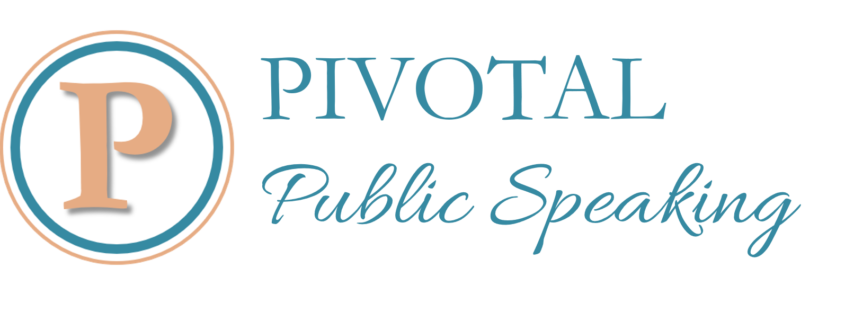Speaking Tools Beyond Your Equipment
When making a speech or presentation, a typical speaker usually has a number of tools to help convey their message. He or she may rely on laptops, projectors, PA systems, and so on, all in an effort to enhance the ability to communicate. The best speaking tools, however, can’t be found in electronic shops or purchased online. The greatest speaking tools are actually within the person speaking. Let’s take a look at three of these speaking tools, which you can also use yourself.
Knowledge Diversity
Knowing a little about things from various areas of discipline is a good speaking tool. A broad knowledge base allows speakers to connect their topics with concepts from other fields. In addition, using some ideas from varied fields can help establish the topic’s place within the body of knowledge, allowing deeper understanding for the audience. You can develop this speaking tool by reading literature from different, genres, areas of study, or level or expertise outside of your field.
Interaction
Another indispensable speaking tool is the ability to conduct dynamic discussions. Here, the audience members become active participants, not just passive onlookers. Interaction also helps identify how much the audience has understood the topic. Ask your audience questions that make them think, not just simply recall. Ask them what portion of your speech that are left unclear to them. Most of the time, the best way to make your audience understand what you are talking about is to tell a story. Also, let your audience ask questions and be sure to correctly answer them as well.
Familiarity and Mastery
A speaker’s mastery of his or her material is one of the most important speaking tools. Having good command of your topic improves credibility and audience impact. Without this, the whole speech or presentation ceases to exist, and what follows is just a recitation or reading of cue cards. You can develop this speaking tool through proper preparation. You do not need to have a Ph. D. in something just to talk about it; all you have to do is internalize the material well before schedule. It is important to understand-not memorize-the topic.
There you have it, three essential tools that every successful speaker needs. It really helps to have them available, sharpened, and polished when needed. Don’t worry about having the best equipment money can buy. The greatest speaking tools can and should be within you.
Author: Tamar Peters has over 23 years experience in the events and promotions industry and her passion to help as many people as possible to find financial freedom through knowledge, education and inspiration. Her main focus as part of Top Speaker Events is to deliver the highest standard speakers who offer real life changing content, opportunities and knowledge from all over the world.


Thanks, Tamara!
A smart person know what they don’t know. I try to get smarter every day.
I’m updating my “tools’ now!